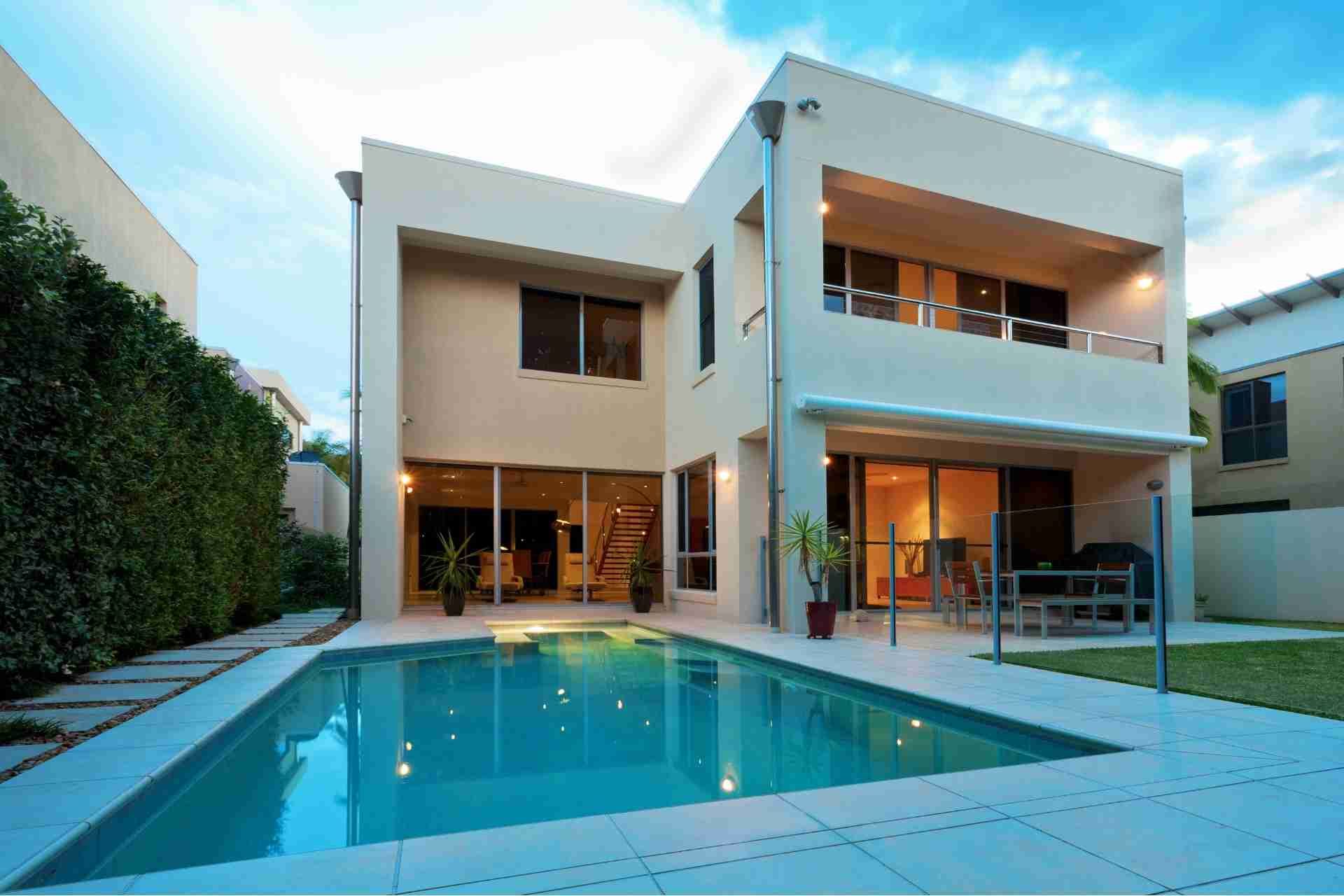Which Saves You More?: Shared Ownership vs Renting
When it comes to deciding between shared ownership and renting, you might wonder where your money goes. Renting offers flexibility, but it often means contributing to someone else's profit. On the other hand, shared ownership allows you to build equity over time. So, which option really saves you more in the long run? Understanding the nuances of each can make a significant difference in your financial future. Let's explore these factors further.
Understanding Shared Ownership
When you consider owning a home without the full financial burden, shared ownership might be the option for you. This arrangement allows you to buy a share of a property, usually between 25% and 75%, while paying rent on the remaining share.
It's specifically designed to help you step onto the property ladder, especially if you're a first-time buyer or facing financial constraints. You'll have the potential to increase your ownership over time, known as "staircasing."
Moreover, shared ownership often comes with lower upfront costs and mortgage payments compared to buying outright. By opting for this route, you can enjoy the benefits of homeownership while retaining some financial flexibility.
It's a practical solution for many aspiring homeowners.
The Renting Landscape
As you explore housing options, understanding the renting landscape is crucial. Renting offers flexibility, allowing you to move without the long-term commitment of buying.
You'll find a variety of rental properties, from apartments to single-family homes, catering to different lifestyles and budgets. The rental market can vary significantly by location, so researching neighborhoods is key to finding what suits you best.
Consider how amenities and proximity to work or schools influence your choice.
Also, familiarize yourself with rental agreements and tenant rights, as these can impact your experience. While renting can provide immediate access to housing, it's essential to weigh your options carefully to ensure you make an informed decision that fits your needs and lifestyle.
Monthly Costs: A Comparative Analysis
Understanding monthly costs is essential, especially if you're weighing shared ownership against renting. In shared ownership, you'll typically pay a mortgage on your share and rent on the remaining portion, which can add up.
Factor in service charges, maintenance fees, and insurance—these can vary significantly based on property type and location.
On the other hand, renting often involves a fixed monthly rent, utilities, and renter's insurance. While you mightn't face unexpected costs like those in shared ownership, rent prices can rise annually.
Ultimately, it's crucial to calculate your total monthly expenses for both options, considering your lifestyle and financial situation.
This way, you can make an informed decision that aligns with your budget and long-term goals.
Initial Financial Outlay
Moving beyond monthly costs, the initial financial outlay is another significant factor to consider.
When you opt for shared ownership, you'll typically face a deposit requirement, often ranging from 5% to 10% of the property's value. This can be a hefty sum, especially in high-demand areas.
However, when renting, your upfront costs usually include the first month's rent and a security deposit, which can be more manageable. You might find renting easier on your wallet initially, but shared ownership provides a pathway to owning a home.
Weighing these initial costs against your financial situation and long-term goals is crucial. Ultimately, your choice should align with your budget and your plans for the future.
Long-Term Equity and Investment Potential
While renting may seem like a more flexible option in the short term, shared ownership offers significant long-term equity and investment potential.
When you invest in shared ownership, you're not just paying for a place to live; you're building equity over time. As property values rise, your share can appreciate, allowing you to sell for a profit in the future.
This investment aspect means that your monthly payments contribute to your financial growth rather than just covering someone else's mortgage.
Additionally, owning a stake in a property can provide stability and security, making it easier to plan for your financial future.
Ultimately, shared ownership can be a smart choice for those looking to invest in their long-term wealth.
Maintenance Responsibilities and Their Impact on Costs
When you choose shared ownership, you take on specific maintenance responsibilities that can significantly impact your overall costs. Unlike renting, where your landlord typically handles repairs, you're responsible for upkeep in a shared ownership arrangement.
This means budgeting for routine maintenance, unexpected repairs, and even larger projects like roof replacements. You might find that these costs add up quickly, especially if you're not prepared.
Regular maintenance is crucial to avoid bigger, more expensive issues later. In contrast, renting often means you won't have those financial surprises, as your landlord manages the property.
Ultimately, understanding these responsibilities helps you make a more informed decision about whether shared ownership or renting aligns better with your financial goals.
Conclusion
In the end, choosing between shared ownership and renting really depends on your financial goals. If you're looking for long-term savings and a way to build equity, shared ownership could be your best bet. On the other hand, if flexibility and lower initial costs are your priority, renting might suit you better. Weigh the monthly costs, initial outlay, and maintenance responsibilities before making your decision. Ultimately, you want to secure your future in a way that feels right for you.











